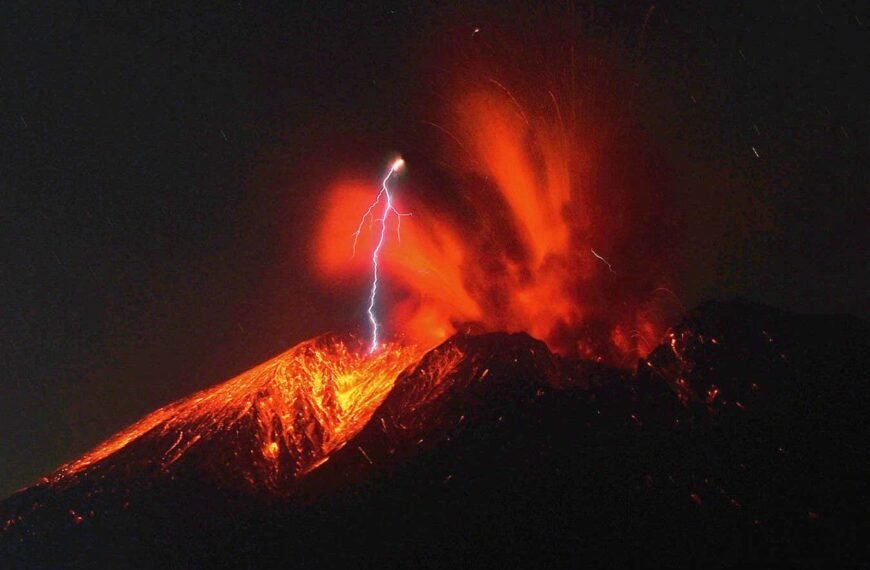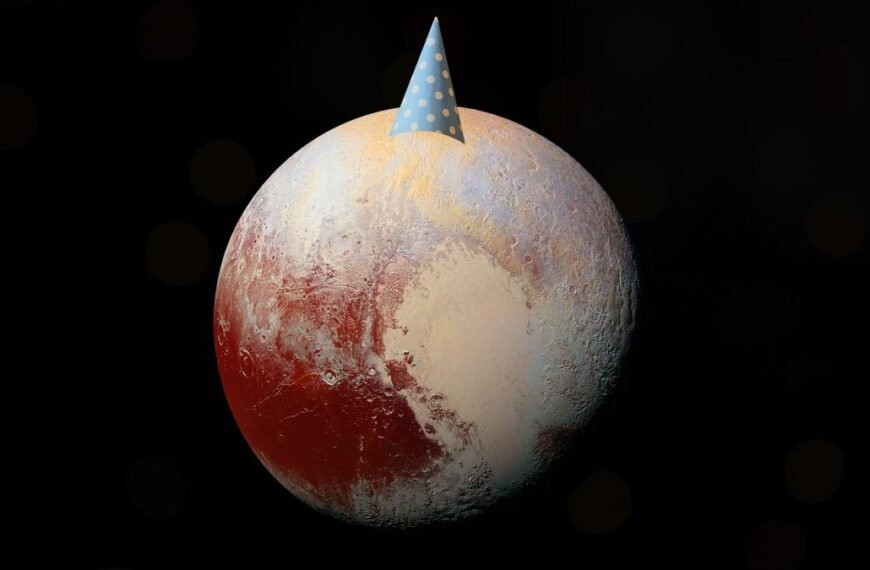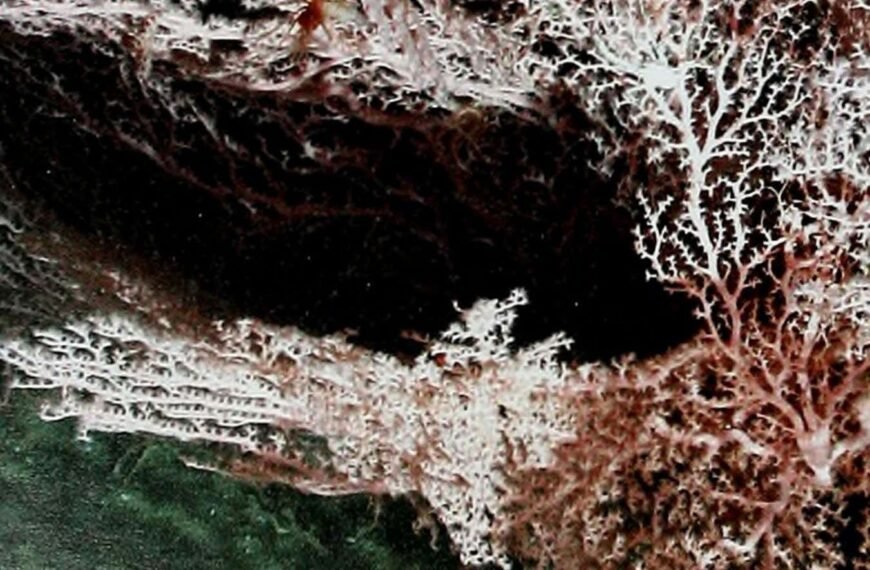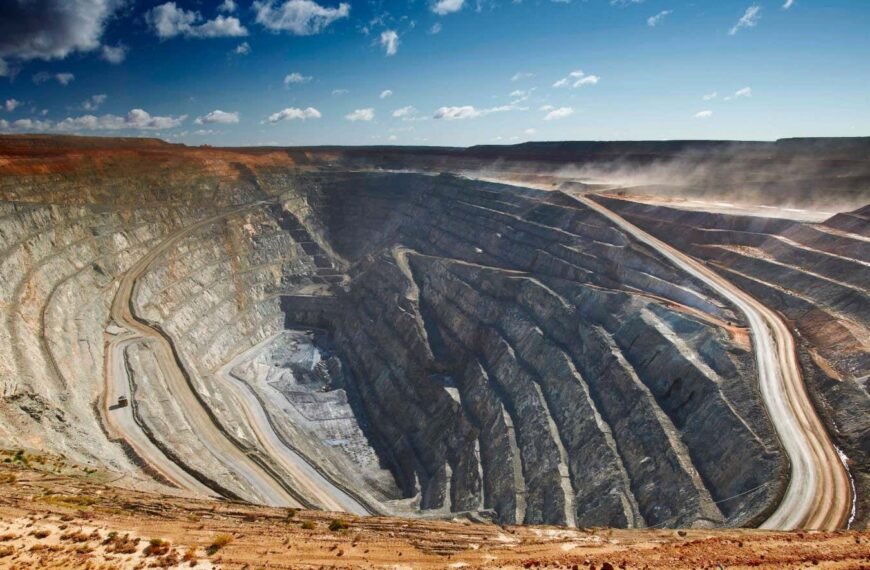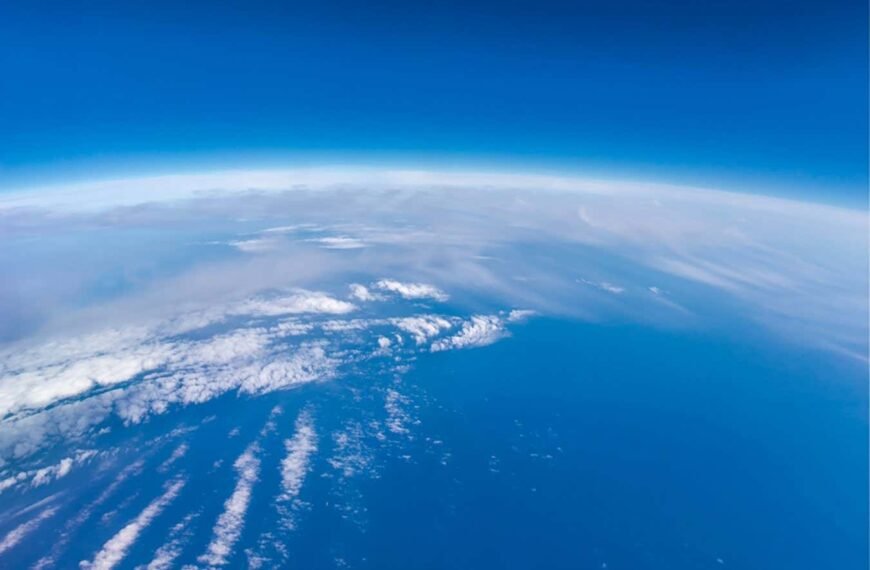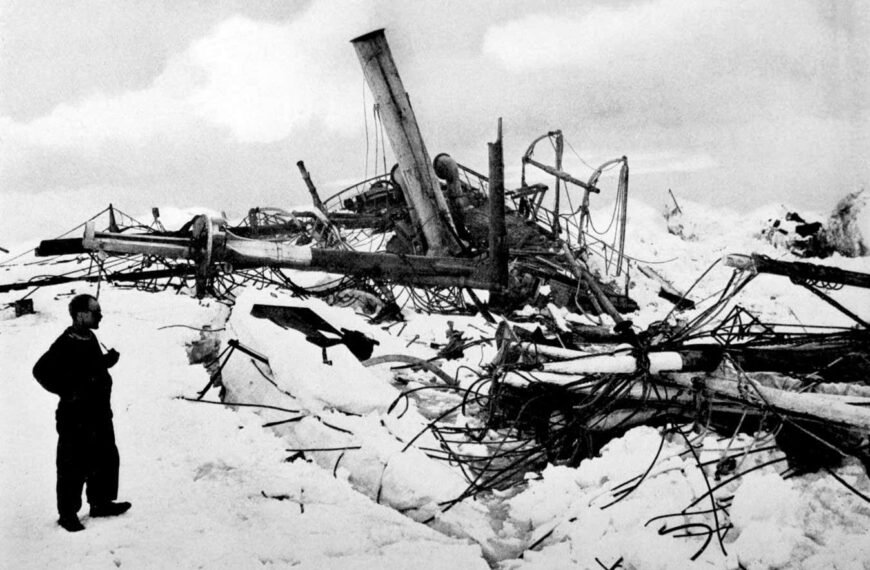Red Sea Crisis: Houthi Threat Pushes Shipping Industry to Change Course
What’s Happening in the Red Sea?
In recent weeks, the Red Sea—a historic maritime trade route—has become a hotspot for rising tensions. The threat? Armed Houthi forces conducting attacks on commercial ships. These incidents have shaken the global shipping industry and forced companies to reroute vessels, costing time and money.
But what does this really mean for global trade, and why should we care? Let’s break it down in simple terms.
Why the Red Sea Matters
The Red Sea is one of the world’s most important waterways. Stretching between Africa and the Arabian Peninsula, it connects to the Suez Canal—a shortcut between Europe and Asia. Every day, ships carrying oil, electronics, food, and other goods pass through this narrow corridor.
It’s like a highway for trade. Without it, goods have to take the “long way around” Africa, adding weeks to their journey.
The Houthi Threat Explained
So, who are the Houthis and how are they disrupting shipping?
The Houthis are an armed group based in Yemen. Over the past few months, they’ve launched several attacks targeting commercial vessels in the Red Sea. Their reason? According to them, they want to pressure the international community to address what they see as injustices in the region.
While their political goals are complex, the fallout is clear: global trade is feeling the heat.
How Shipping Companies Are Responding
To avoid danger zones, many shipping companies have decided to reroute ships around the southern tip of Africa, known as the Cape of Good Hope.
At first glance, this detour might seem like just a few extra days at sea. But in reality, it’s a huge deal. Here’s why:
- Longer Travel Times: Ships take 10-14 more days to reach destinations.
- Higher Fuel Costs: More time means more fuel consumption—and more money spent.
- Delivery Delays: Consumers may face waiting times for products, especially electronics, machinery, and even groceries.
It’s like ordering a pizza and having it delivered by someone taking backroads instead of highways—it still arrives, but it’s late and more expensive.
Economic Ripple Effects
These changes to shipping routes impact more than just businesses. If you’re wondering whether this will affect prices at your local store, the answer is: quite possibly.
When companies need to spend more to ship products, those costs often get passed down to consumers. Think of it like this: if your favorite cereal becomes twice as expensive to ship, it might cost more on the shelf too.
Risk to Oil Supply
One of the biggest concerns is the disruption in oil and gas shipments. The Red Sea is a major path for transporting these commodities. With threats in the area, energy prices could go up—affecting everything from heating your home to filling up your gas tank.
Global Response and Military Involvement
The growing threat has raised alarms internationally. Some major military powers have responded by increasing naval presence in the region. The aim is to protect commercial vessels and deter future attacks.
While this might sound like something from a movie, it’s a serious strategy meant to maintain free and safe passage through one of the world’s most vital trade routes.
Could This Spark a Bigger Crisis?
Right now, this is largely a regional issue with global repercussions. But if tensions continue to rise or more groups get involved, there’s a risk this could lead to broader conflict—something no one wants.
Governments are carefully monitoring the situation to prevent escalating violence while keeping trade flowing as smoothly as possible.
What Does This Mean for Everyday People?
At the end of the day, what does all this mean for people like you and me?
- Product Shortages: Items you order online could take longer to arrive.
- Price Hikes: Everyday goods might become more expensive due to higher shipping costs.
- Energy Costs: Gas and electricity prices could rise if oil flows are disrupted.
It’s a reminder of how interconnected our world really is. A conflict happening thousands of miles away can impact your daily life—in more ways than you might think.
Looking Ahead: What Can Be Done?
Many experts agree that understanding the root causes of the conflict is crucial for finding a long-term solution. For now, the focus is on:
- Enhancing security in the region through naval patrols and international cooperation
- Humanitarian efforts to address issues in Yemen and surrounding regions to reduce instability
- Political dialogue to ease tensions and promote peace
There’s no quick fix—but steps are being taken to protect both ships and people from further harm.
Final Thoughts
It might be easy to overlook issues happening in far-off corners of the globe, but the Red Sea crisis shows us just how small and connected our world really is. A single sea route can affect trade, fuel prices, and everyday products across continents.
So next time your package is delayed or your grocery bill goes up, remember—it might just be a ripple from the Red Sea.
Want to stay updated on global events that impact your daily life? Make sure to follow our blog for clear, friendly breakdowns of the latest news!
SEO Keywords Used:
- Red Sea shipping crisis
- Houthi attacks
- global trade disruption
- Suez Canal reroute
- shipping industry challenges
- oil supply risk
- Houthi threat to maritime trade
Stay informed. Stay connected. Because what happens across the sea can still influence what’s on your table.

